Real Life Incident: Engine Cadet Suffers Severe Burns
A bulk carrier was at an anchorage port, loading coal. A trainee engine cadet was instructed by a senior engineer to clean the top of the waste oil tank, the contents of which was being maintained at about 70°C. The top of the tank was fitted with four hinged flap lids, one of them being held open by means of a stopper rod.
Whilst carrying out the assigned task, the cadet unknowingly placed his foot in way of the opening and his left leg stumbled into the tank and plunged into the hot oil, scalding his leg below the knee.
After being given first aid on board, the injured person was transferred to a shore hospital and later repatriated home.
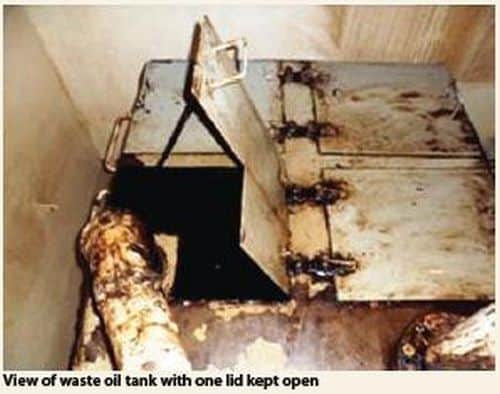
The senior officer who assigned the task to the trainee cadet declared in his statement that it was the practice on board to leave one lid of the waste oil tank always open and that he had warned the cadet about this and that the oil inside was hot.
Root causes/contributory factors
1. Unsafe work practices
- No risk assessment conducted when the job was planned, in violation of Company SMS;
- There was no justification for the established practice of keeping one flap lid open on the waste oil tank;
- An inexperienced cadet was assigned a hazardous task, without adequate briefing / supervision by senior officer
2. High temperature of tank contents and no warning notices displayed at site;
3. Inadequate lighting at location.
Corrective/preventative actions
1. Fleet circular issued with instructions for this incident to be discussed at the next onboard safety meeting;
2. Company’s SMS procedures for the planning and execution of routine/ non-routine jobs on board suitably revised to prevent recurrence of this incident – tank openings to be kept closed at all times;
3. The company will review the contents of in-house Safety Officer Course to include notes on work planning, delegation and supervision;
4. Crews instructed to:
- conduct and record a risk assessment before commencing any task;
- Carefully identify all hazards in the work area and implement appropriate control measures;
- Use the Daily Work Record Book to plan/ assign the daily work to crew;
- Be vigilant to new hazards at all times;
- Ensure that trainees are only assigned tasks under direct supervision of a senior crew member.
Know how to carry out engine room machinery procedures safely and efficiently in our ebook – A Guide to Master Operating Procedures for Engine Room Machinery
Reference: nautinst
Do you have info to share with us ? Suggest a correction
- Real Life Incident: Vessel Collision in Good Visibility
- Real Life Incident: Severe Injury To Deck Crew While Leaving Berth
- Real Life Incident: Departure Damage in Very Restricted Waterway
- Real Life Incident: Low Situational Awareness Has High Impact Consequence
- Real Life Incident: Fouled Anchor in a Designated Anchorage
- Real Life Incident: Fire On Barge Carrying Scrap Metal Causes $7 Million Worth Of Damage
Latest Case studies Articles You Would Like:
Subscribe To Our Newsletters
By subscribing, you agree to our Privacy Policy and may receive occasional deal communications; you can unsubscribe anytime.
Web Stories









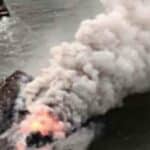
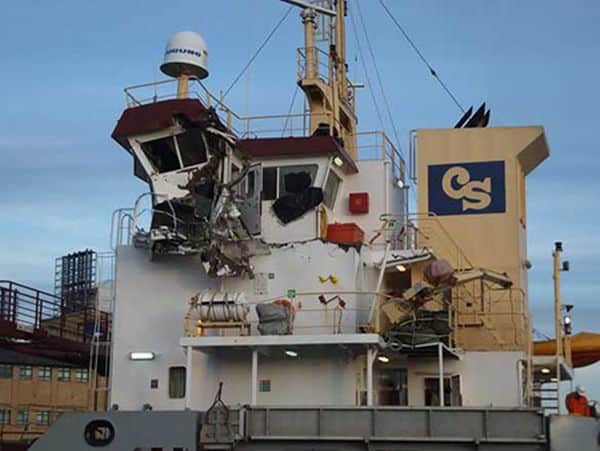

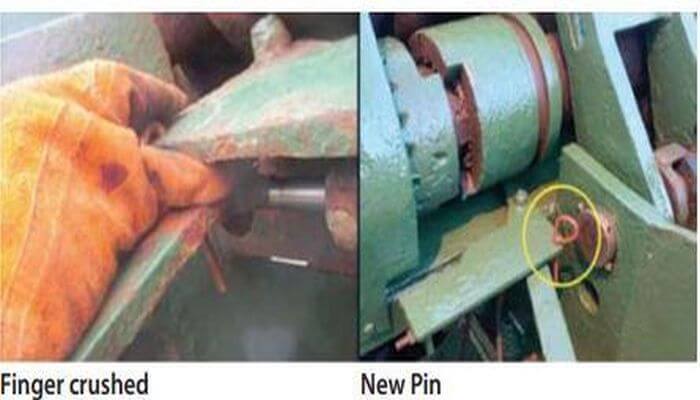

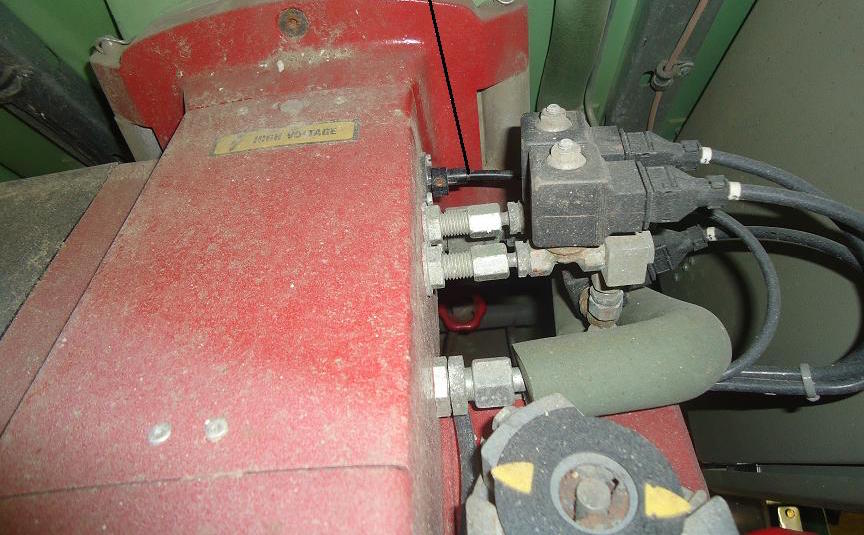


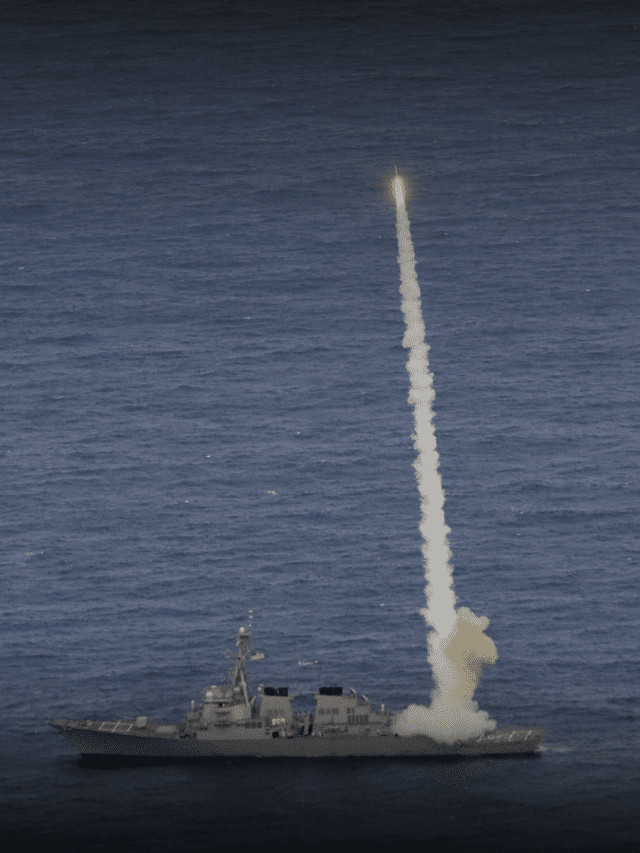



Normal practice to leave the waste oil tank lid open?! It should be closed and has a vent leading to deck! What about the production of H2S gases etc.
I hope the Senior Engineer was disciplined after this occasion by giving such a stupid task to do!
Also the cadet should of raised awareness or refused to do the work if he thought there was an element of danger!
Been there done that, and cadets will always do what they are told, because their keen to learn and what to impress their peers.